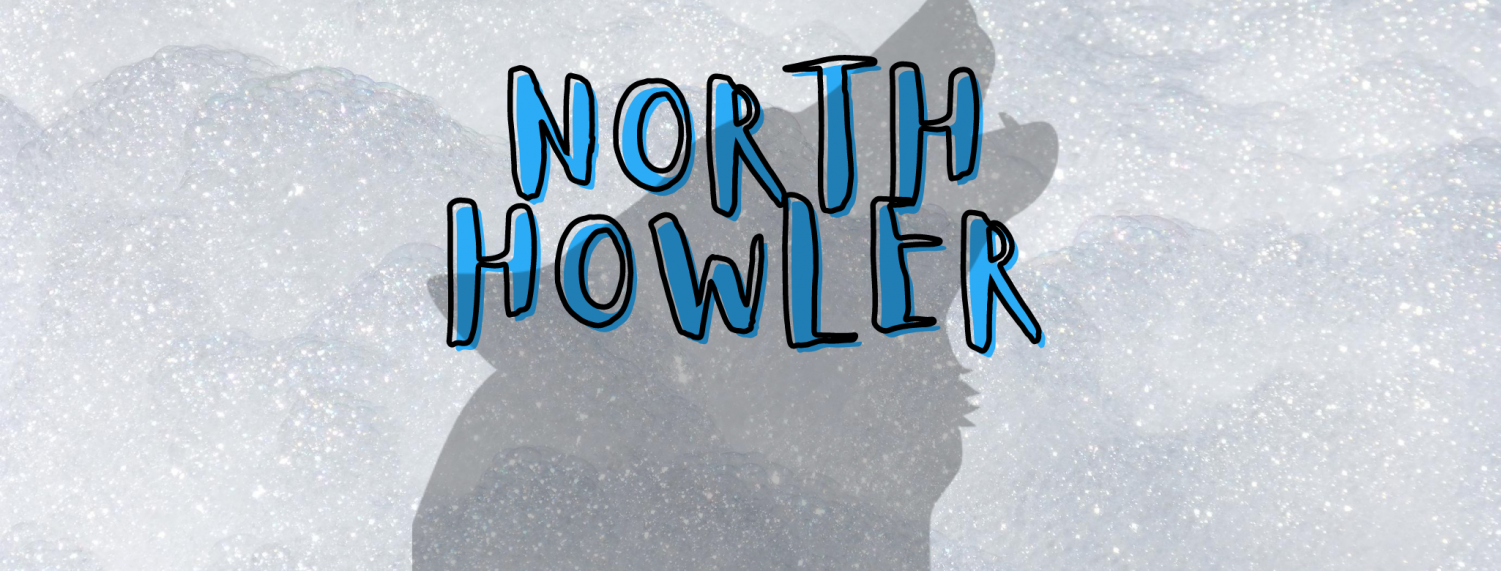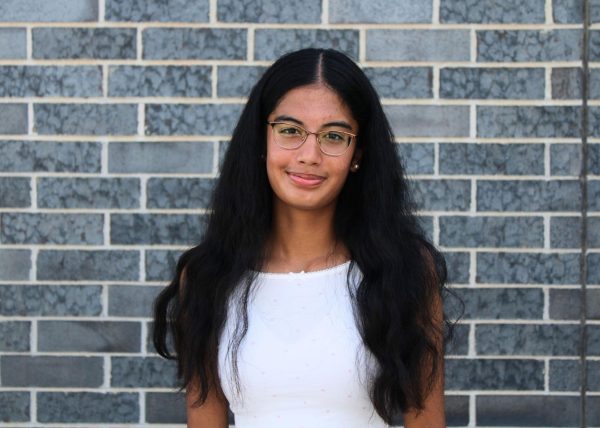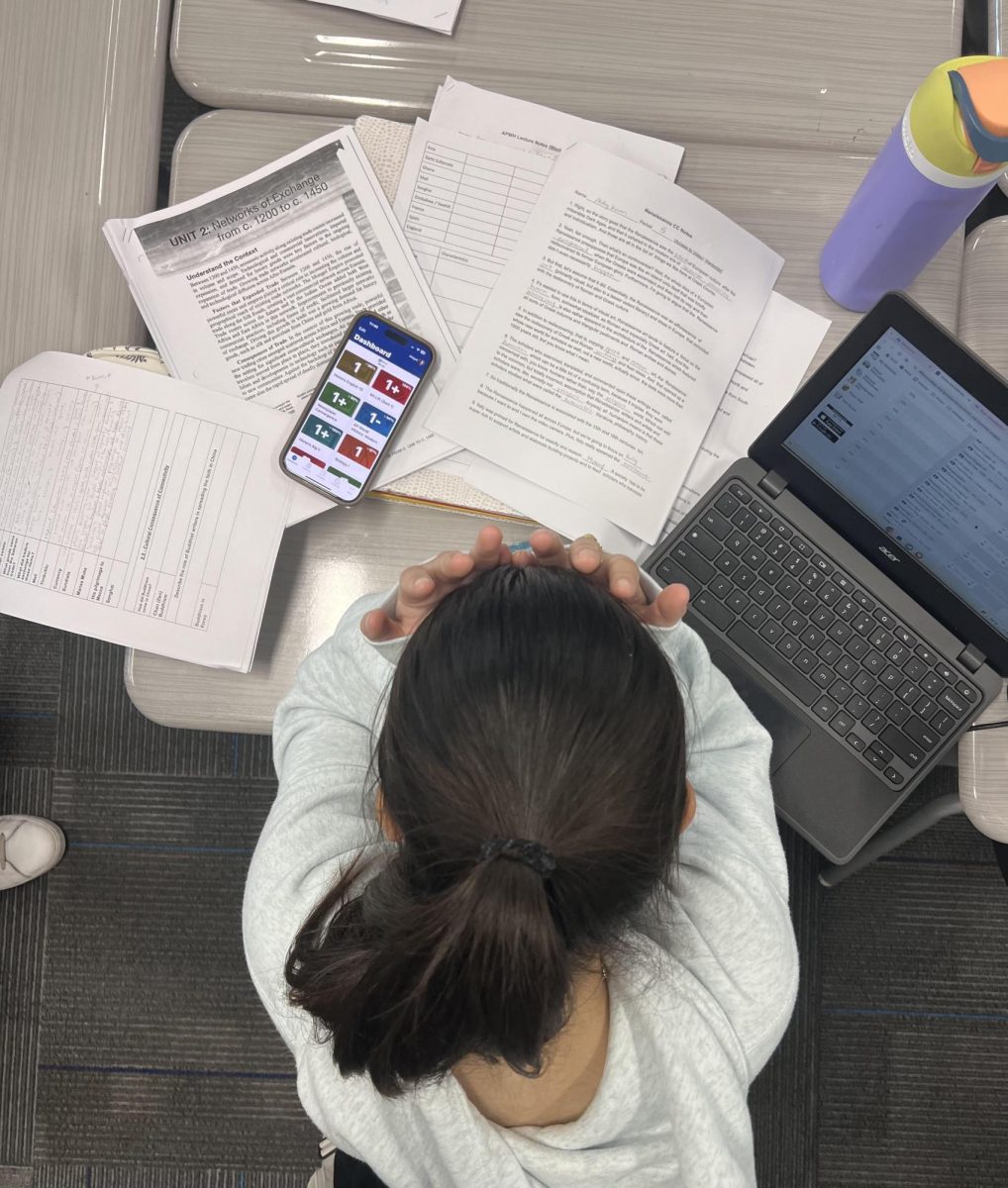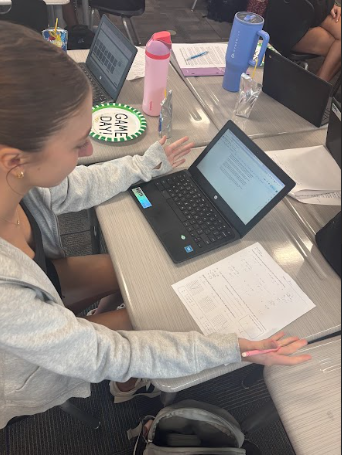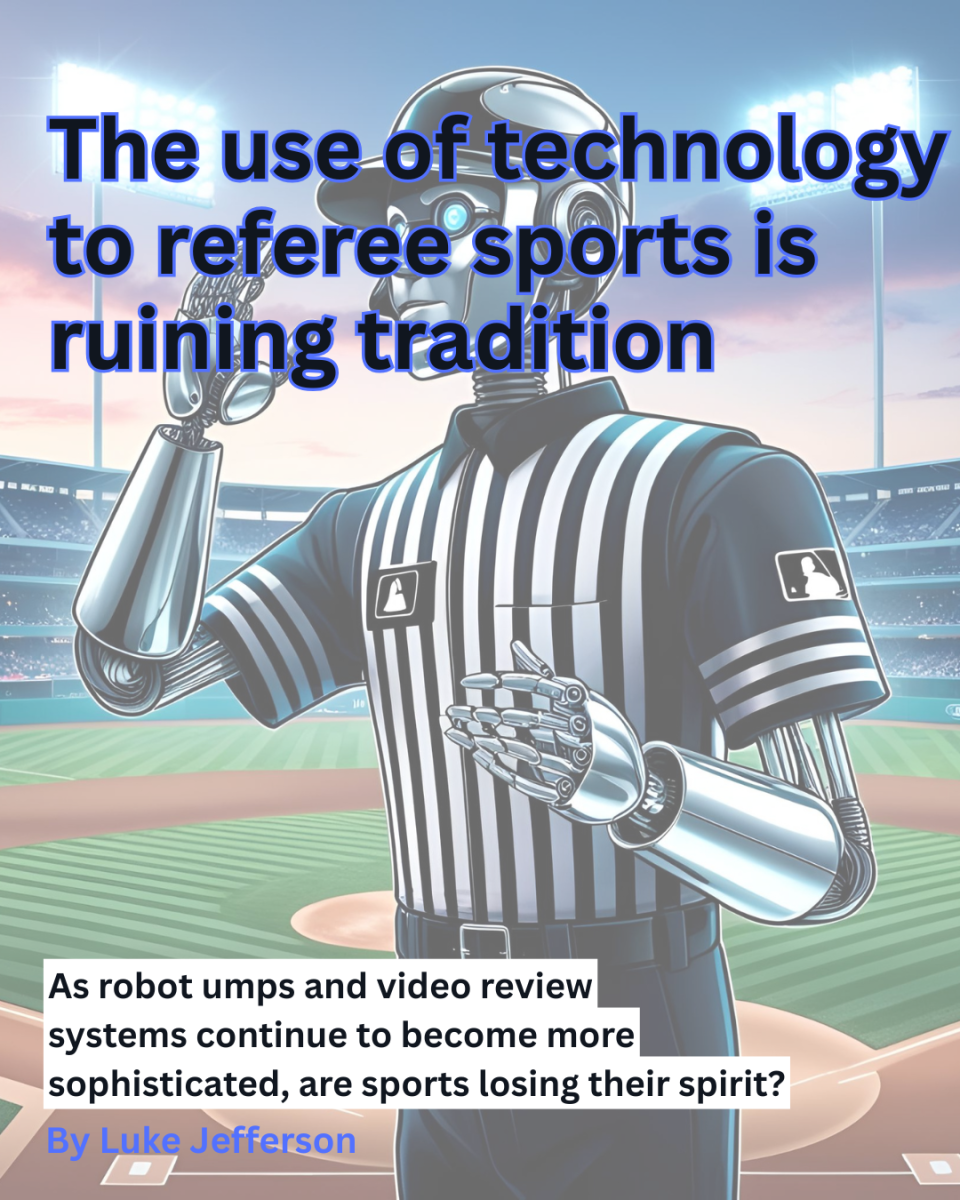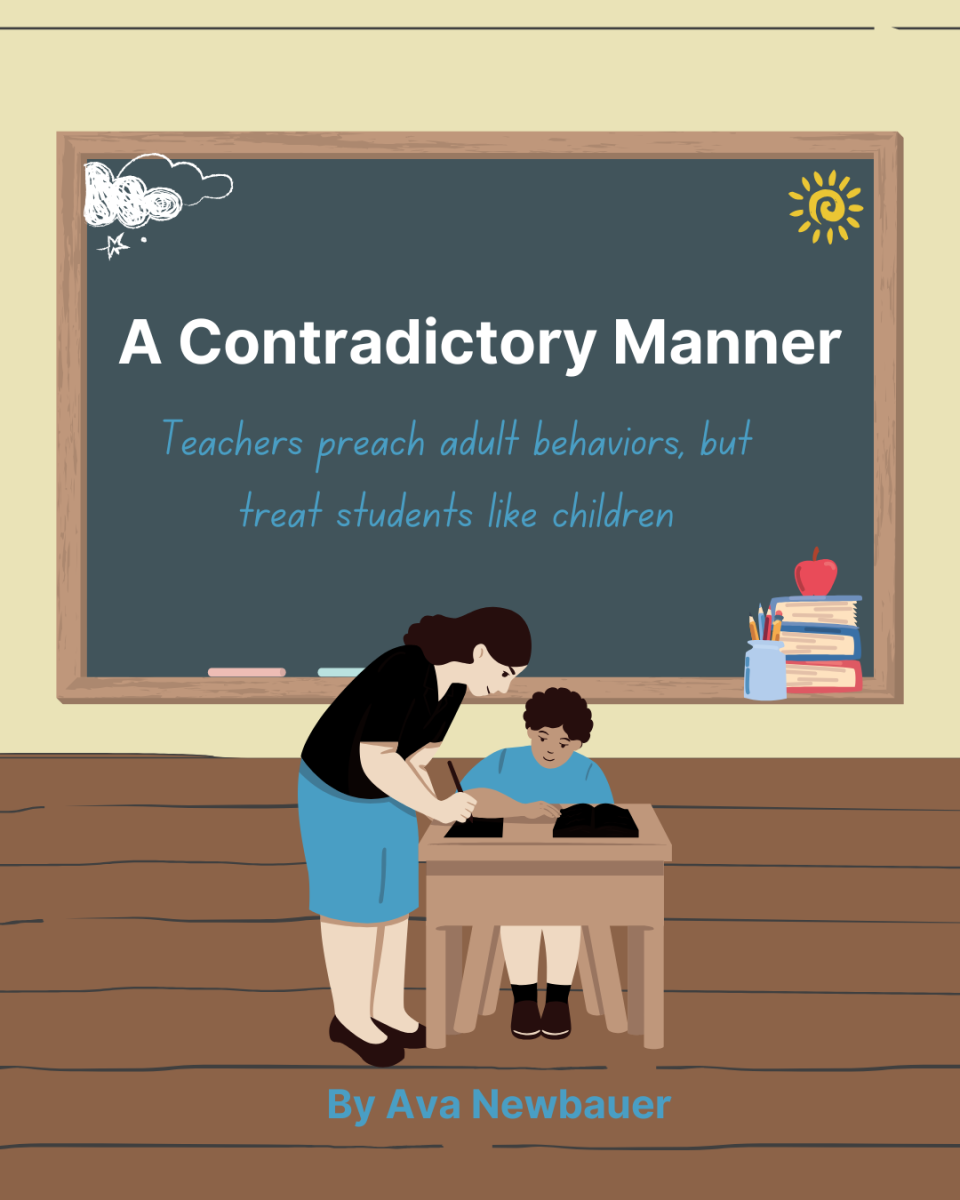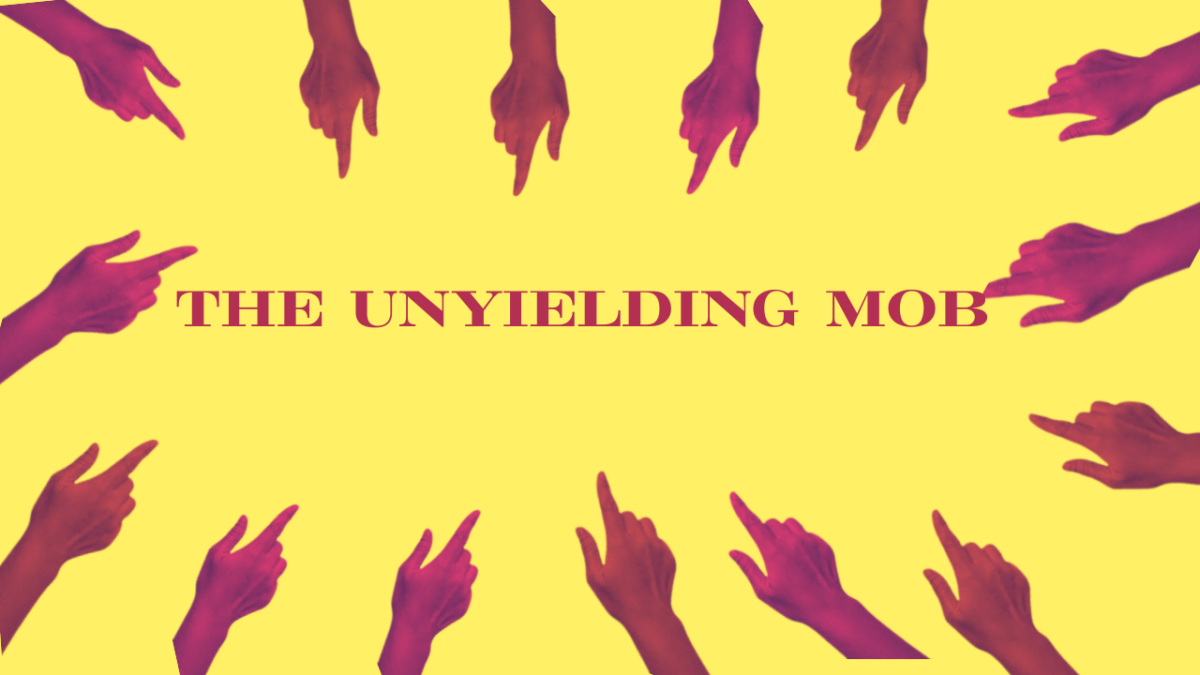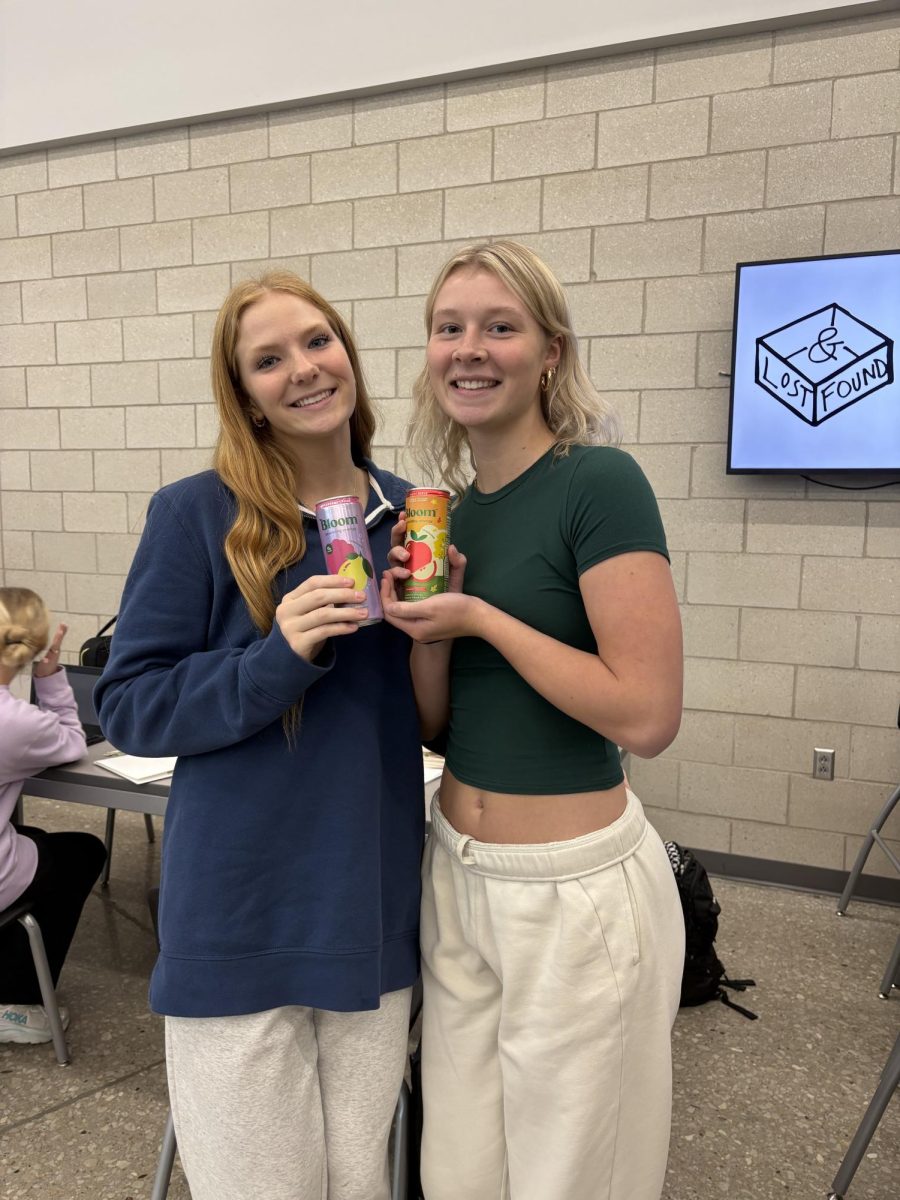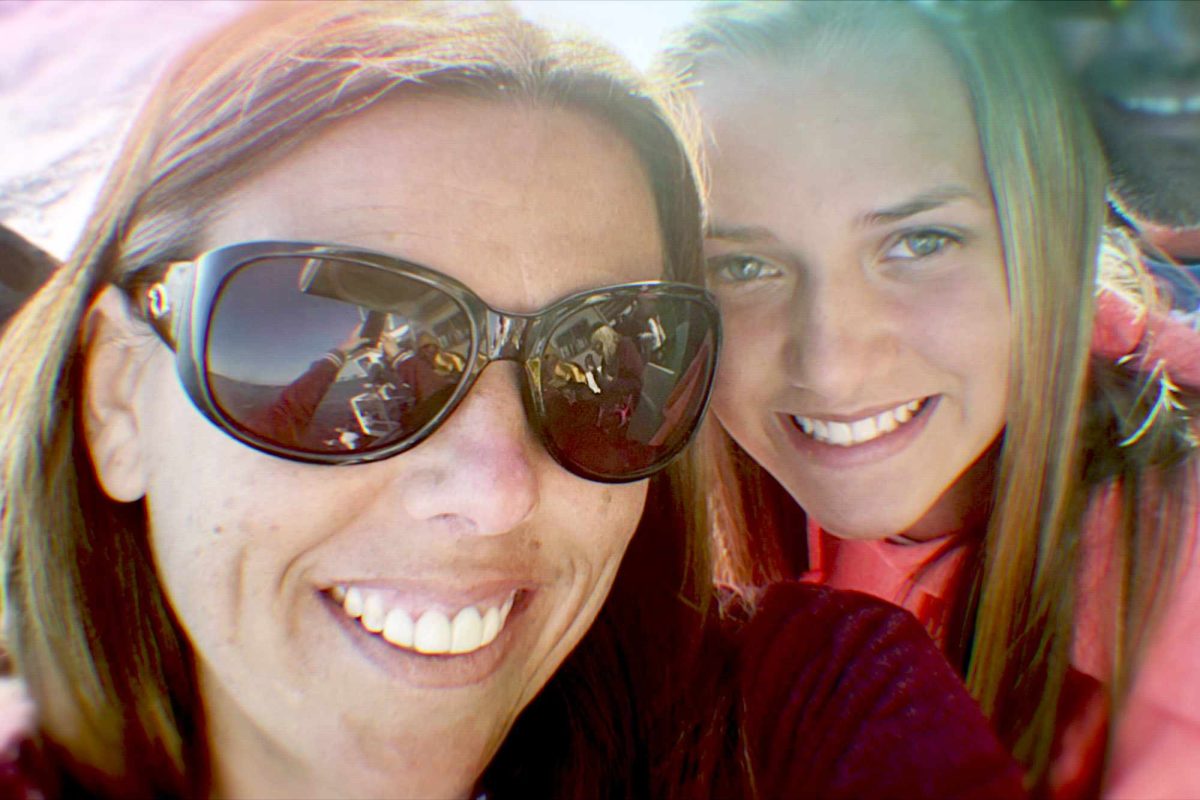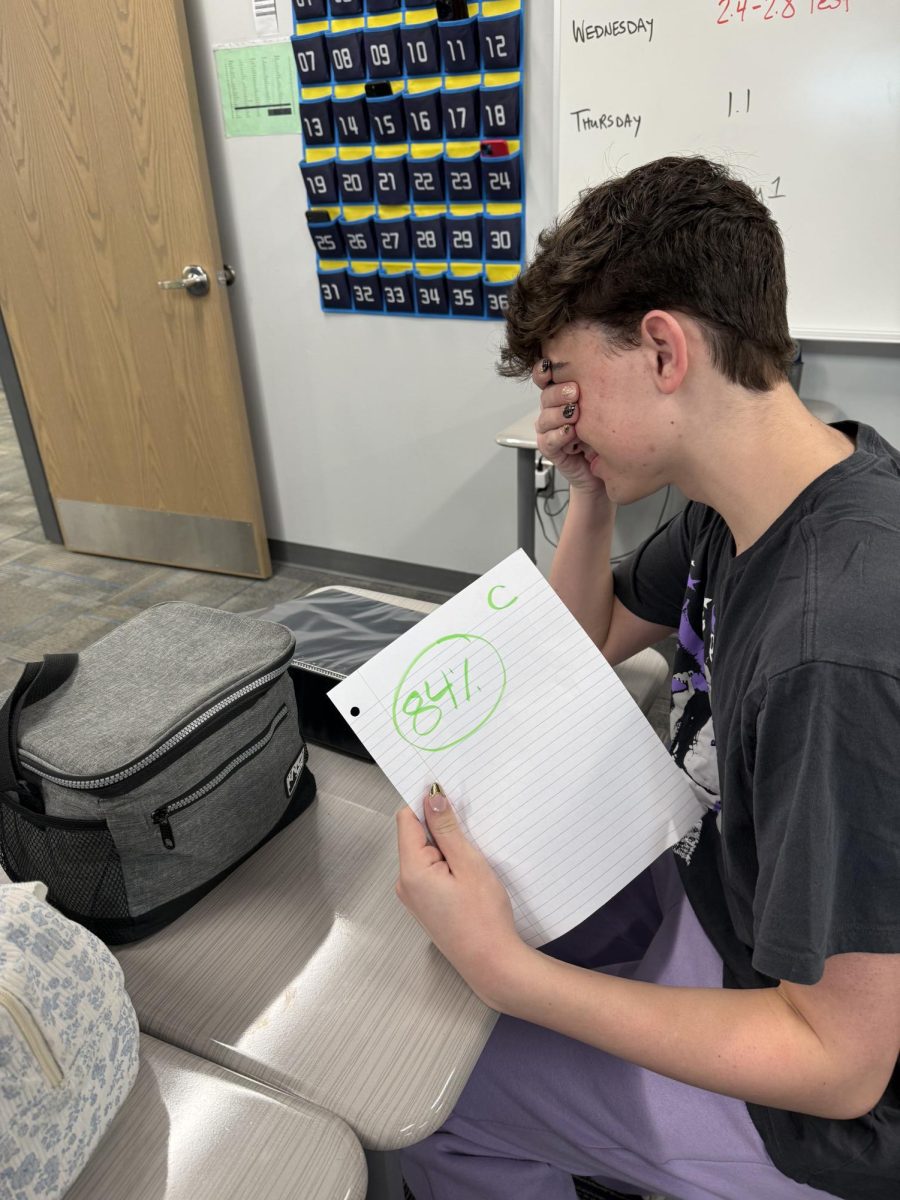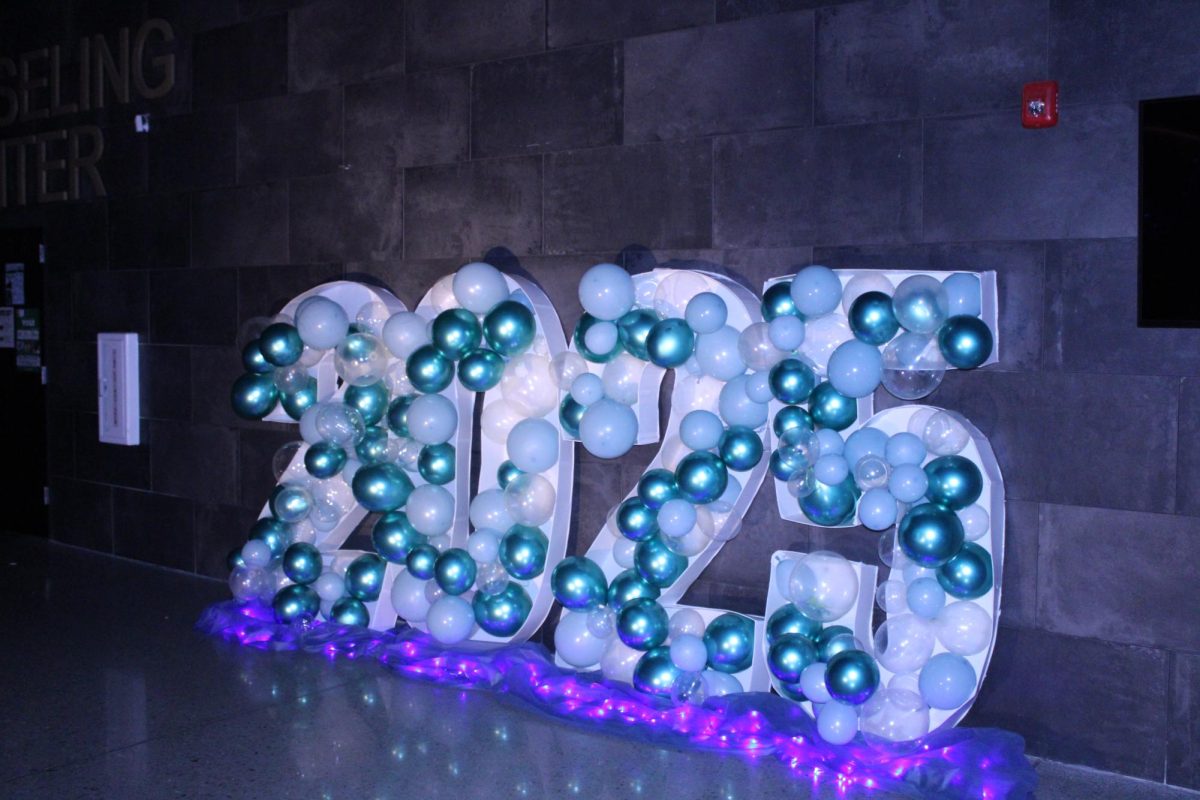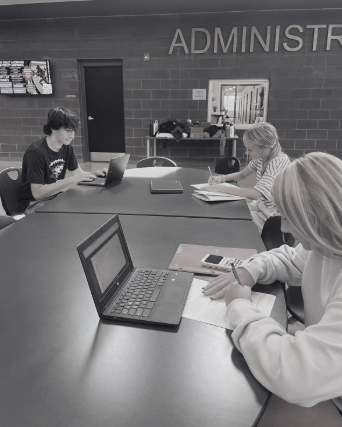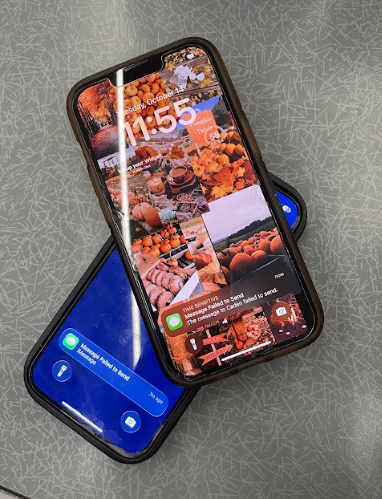
You have twenty-five pages of AP US History homework due in twenty minutes, and your tabs won’t load. Or even worse; your grade went from a 1 to a 3- in Chem and PowerSchool isn’t working. Slow Wi-Fi always occurs at the worst times.
“School Wi-Fi is so slow, so doing anything on any device is ridiculously frustrating,” junior Morgan Lavin said. “Classwork becomes so unnecessarily complex just because of the internet.”
Aside from Chromebooks, slow Wi-Fi also interferes with one of the most crucial elements of life: communication.
“You can’t text, you can’t look anything up,” senior Tarynn Coon said. “If I need to text my mom, or my boss, or check my work schedule, I just can’t.”
But what if the Wi-Fi wasn’t truly slow? What if… an outside force was interfering with the Wi-Fi?
A new theory has emerged among students, concerning both the district and the Wi-Fi.
“I think D-Rad [Principal Dan Radicia] is out to get us… one minute the Wi-Fi is working great, then you try to send a text and bam! Internet stops working,” junior Laela Ness said. “This is something only Dan Radicia can do.”
The theory that administrators are purposely making the Wi-Fi spotty isn’t completely ridiculous; there are many instances of students from different schools suspecting admin interference with Wi-Fi on Reddit. However, their accounts are mysteriously shut down or inactive.
“[Bad Wi-Fi] doesn’t exist purposefully. I do believe there are intermittent gaps in the Wi-Fi,” Principal Dan Radicia said. “At the end of the day, it’s nice to see kids interact at lunch across from one another rather than having their head down on their phone.”
Administration has no limit of reasons to purposefully block Wi-Fi: restricting phone access, limiting potential distractions and preventing meandering the hallways. However, there may be a completely different reason for slow Wi-Fi.
“Apparently, a few years ago, there was a kid who hacked the Wi-Fi and changed his grades, so the administrators had to change the Wi-Fi to a bad one so that it didn’t happen again,” sophomore tech team member Lincoln Petrick said. “At least that’s what I’ve heard.”
“That is not true,” media specialist Jessica Ethridge said, in response to Petrick’s allegations. “We don’t even have the same network anymore.”
Further complicating the mystery is this: when I was researching other schools’ Wi-Fi interference, I was restricted by the district’s filtering policy from clicking on a source listing schools who blocked their Wi-Fi. Whether truly due to CIPA Laws or not, this only furthers suspicions.
“It’s kind of dumb if it’s true,” junior Zen Wesselmann said. “Seems like an odd thing to hide.”
Despite somewhat solid evidence towards both Wi-Fi theories, students still have reservations.
“I would certainly understand why the school would mess with the Wi-Fi,” Lavin said.
“But my guess would lean more towards the actual architecture of the school rather than any malicious intent.”
The already strict district internet policies leave students unsurprised by the potential truth in the Wi-Fi theory.
“I wouldn’t be surprised,” junior Donovan O’Brien said. “Kind of angry, but not very surprised.”
The actual truth is likely more complex; according to The Hechinger Report, schools filter content to comply with federal laws, which slows down networks.
“Previously, a [Wi-Fi] conflict was due to the vendor (CK Express) and our network not talking nicely together after some changes that were made on the vendor’s end,” Ethridge said.
Additionally, a large number of students and staff using the network simultaneously can overload it. Because many schools have limited bandwidth and budget for IT staff, they may not have the capacity to handle the needs of a large student body. A different kind of interference, from external Wi-Fi signals, also may play a part in bad Wi-Fi.
“Dead spots can be because of the building’s composition,” Ethridge said. “Different people have different experiences based on their cell phone provider.”
For some students, a simple Google explanation or the media specialist’s words aren’t enough: solid evidence is necessary.
“[Radicia] is allied with all the other Elkhorn schools and they’re all trying to shut us down,” Ness said.

